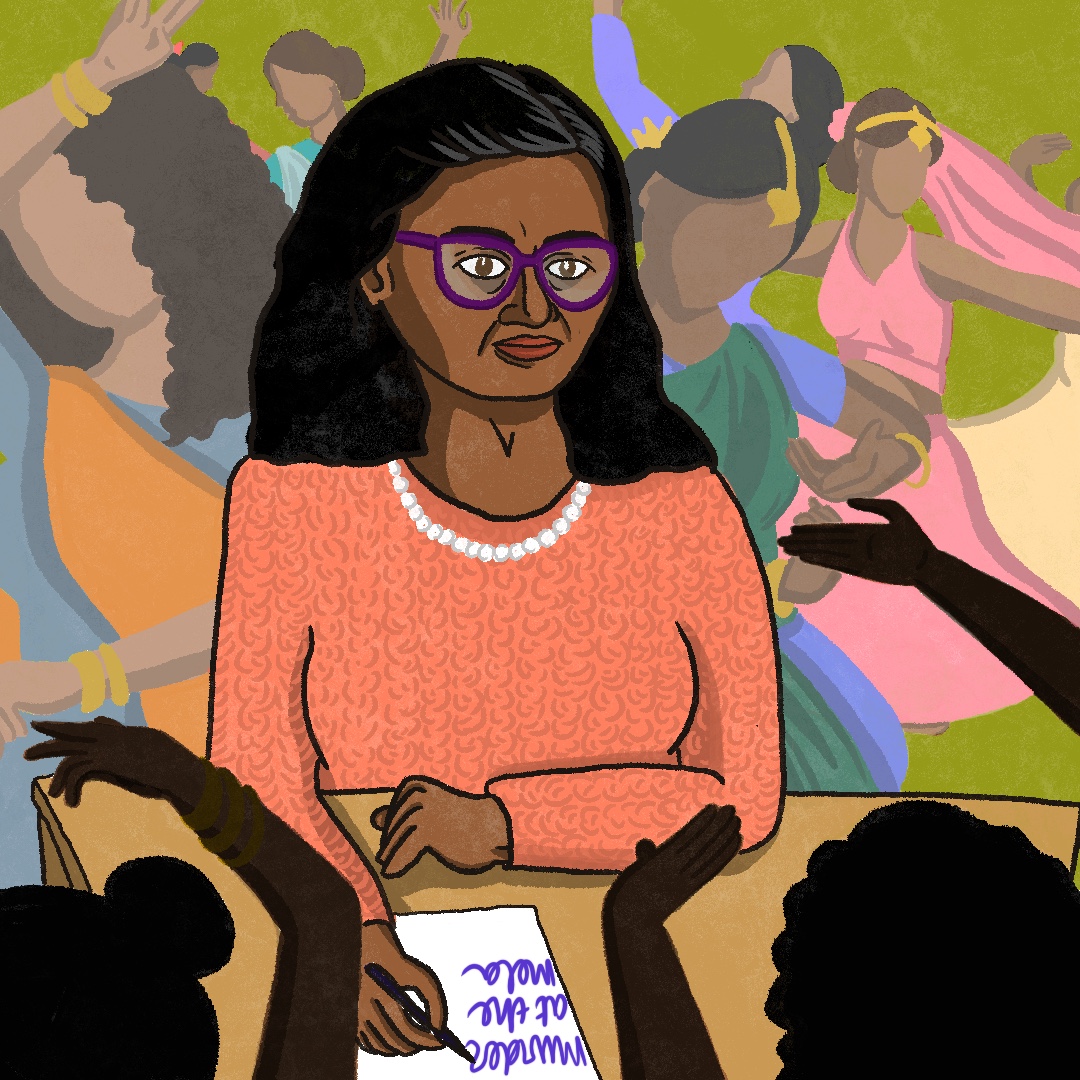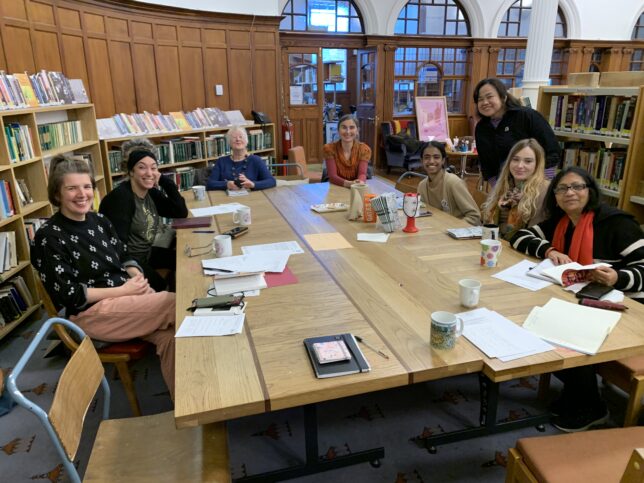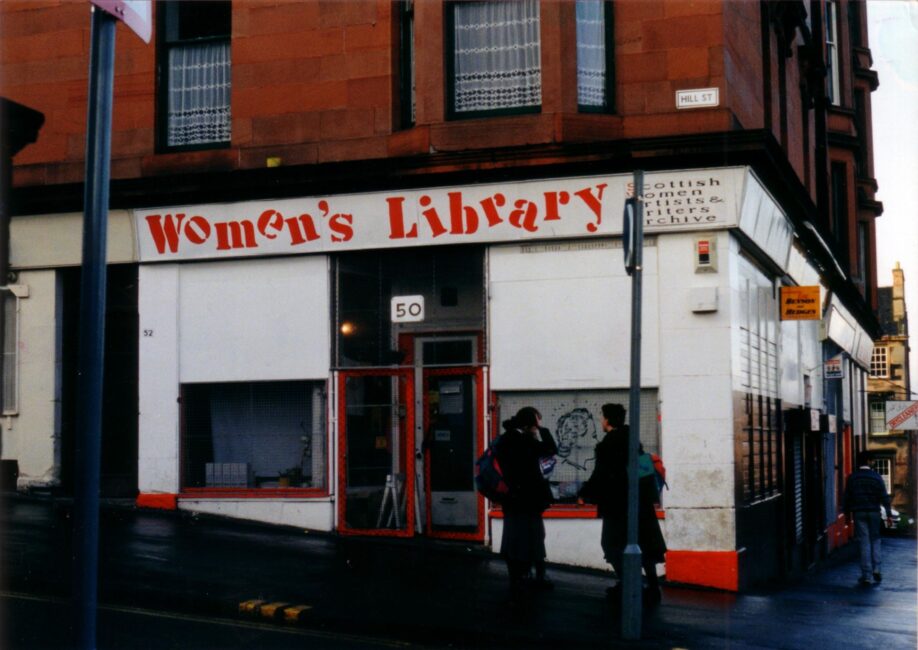Pauline reflects on some thought-provoking Story Cafe Specials….both of which include writers who are part of the GWL staff team…
Donna Moore: Book Launch: The Unpicking
This was a special event – Story Cafe favourite Donna Moore reading from and telling us about her newly published book The Unpicking. There was a good attendance, all so pleased to be sharing with Donna the publication of her latest book. To mark the occasion there was a celebratory cake, the icing matching the front cover of the The Unpicking which Donna cut and shared with us..
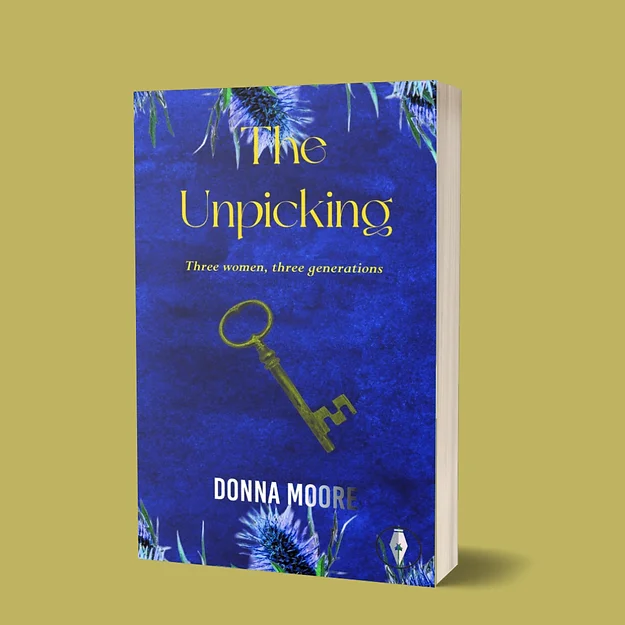
Donna started by saying that “after years of us hearing her droning on about it, here was the end result.” Her three novellas, The Birdcage, The Lock and The Turnkey (their titles all taken from Music Hall songs of the time) were the creative writing element of her PhD. History tells us what happened but fiction how it felt for those involved. Research is needed to find out the details of lives and events before emotions and feelings can be explored. Donna told us about her research into the records of the Stirling District Asylum showing us photographs of some of the women and what the records contained about their supposed maladies and treatment as well as her Glasgow research.
The novellas describe the experiences of three generations of women, Lilias, Clemmie and Mabel from the 1870s to 1920. Lilias is incarcerated in an asylum by her husband, her daughter Clemmie is held in the Lock Hospital in Glasgow and prey for the man she calls “the jingling devil.” Clemmie’s daughter Mabel is adopted, given a middle-class upbringing and becomes one of the first policewomen in Glasgow but faces misogyny and corruption.
The readings illustrated the circumstances of women’s lives and the ill-treatment and hardships they faced, which Donna’s research had uncovered. The book is not easy reading but these are stories that need to be told as women suffered then and continue to suffer now, often simply because they are women.
They are a change from Donna’s previous published, more humorous work and the two novels she was working on and which she read from in her last Story Cafe appearance have been put to one side while she researches another historical novel.
Wendy thanked Donna for again sharing her work with us and she was warmly applauded by all present.
The Unpicking is available for loan from GWL.
Eco poetry with Morag Smith, Sari Cunningham and Tamsin Hopkins
Wendy welcomed our three poets and then Morag introduced Sari and Tamsin. Sari, a Norwegian poet who now lives near Oslo and was in Glasgow for the first time, Tamsin, a London-based poet who was joining us on-line.
Morag started by saying that there had always been poetry featuring nature and the environment but it had mostly been written from a human-centric viewpoint. “Eco-poetry…takes the human and the natural world as undeniably connected but does nor prioritise one over the other. The human and natural worlds are not exclusive of one another, and the natural world is not something to be conquered.”
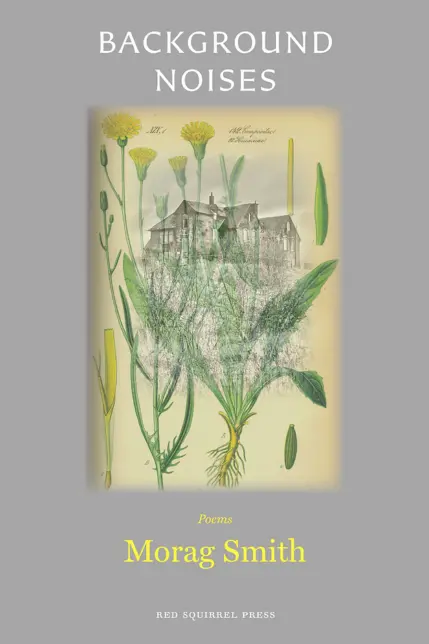
The three poets met at the Poetry School in London in 2021 for the announcement of the result of the Gingko Prize for Poetry 2020, which was won by Jane Lovell for her poem Ming. Morag then read this beautiful, poignant poem. She also read her own poem The Endangered Naturalist, which was highly commended at the same awards. In her collection Background Noises, Morag was inspired by the re-wilding of a derelict psychiatric hospital and its threatened future.
Tamsin, who read next is an eco-activist focusing sometimes on things that are difficult to look at, and is concerned in particular with whales and dolphins. There is a lovely line in her poem Song, “As long as you are singing there is hope.” Ecologist and poet Sari read next, including Now Showing: the Anthropocene, her poem which was also highly commended at the Gingko Prize.
After the break we heard poems by other writers including Ama Bolton, Mary Oliver and Kathleen Jamie and in the questions that followed the three poets were asked “Are you optimistic about the future?“. Sari felt that one had to be optimistic, Morag that it was urgent to be so and Tamsin said that the worse things got it was still possible to find hope. People know now that everything is connected and there is an increasing need for action.
There was an interesting discussion with comments coming from on-line attendees as well as those present in GWL. We finished with Kathleen Jamie’s amazing poem What the Clyde said, after COP26. Kate from Scottish CND told us that this poem had been read at the CND Festival of Survival on the 4th of November and it had also been the inspiration for Glasgow CND’s new Reclaim the Clyde project and she also referenced Paper Boats.
Wendy thanked Morag, Sari and Tamsin for sharing all the poems with us and the session ended with warm applause.
This was an inspiring, thought provoking Story Cafe. Climate change has been a regular part of the cycle of our planet’s life, but today’s version is the culmination of industrialisation and a burgeoning human population which threatens our very future as a species. As someone once said to me “The planet will survive but we may not”.
The following books are available at Glasgow Women’s Library:
Background noises by Morag Smith
Our Time Is A Garden: New Nature Writing by Women and Nonbinary Writers of Colour, edited by Dr Alycia Pirmohamed

This content is licensed under a Creative Commons Attribution 4.0 International License.


